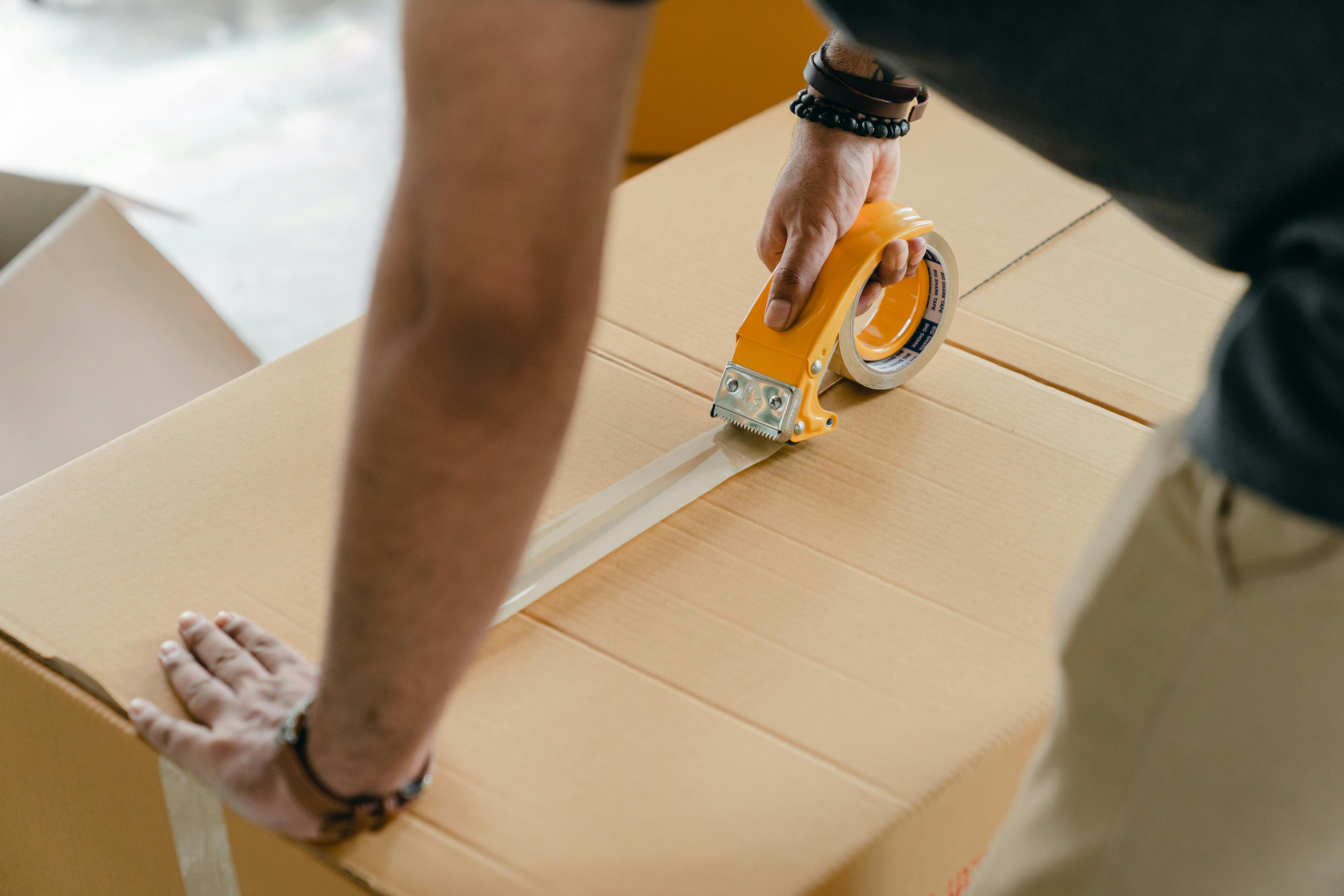
Bottled Water Blues
admin
- 0
Quickly grabbing a bottle of water when you’re on the go seems harmless enough, and it would be if you were the only person drinking bottled water and you didn’t do it very often. Unfortunately, each person in the United States reached for bottled water 167 times on average in 2006. That adds up to 50 billion bottles. Since only 23% of disposable plastic bottles are recycled, 38 billion disposable plastic bottles end up in landfills each year – 100 million bottles every day. Stacked end to end, there would be enough bottles to go from New Jersey to China and back every day!
This excessive amount of plastic waste is bad for the environment because plastic biodegrades very slowly. A plastic bottle takes more than 700 years to decompose in a landfill. Plastic debris strewn across our lands and waterways poses a persistent threat to wildlife and ecosystems. In fact, plastic pollution has become a global problem. There is a growing “garbage patch” of plastic estimated to be more than twice the size of Texas floating in the North Pacific Ocean. This patch consists of a stew of plastic debris that has been washed by currents from shorelines around the Pacific basin into a gyre where the currents meet. At sea or on land, the creatures mistake shiny, brightly colored plastic items for food, and when they eat this debris, they are often deadly.
This staggering amount of disposable plastic bottles is not only filling our landfills and cluttering up our land and waterways, it is also wasting our finite natural resources and increasing our carbon footprint. Imagine a disposable plastic water bottle 1/4 filled with petroleum. That’s the amount of oil it takes to make and distribute a single plastic water bottle. The amount of oil we use to produce bottled water, 17 million barrels, could power more than 1,000,000 cars for an entire year. Plus, we ship 1 billion bottles of water a week across the US by ship, train and truck. A bottle of water also requires at least three times its volume of water to make and fill. This is because a large amount of water is needed to turn oil into plastic. Finally, manufacturing and transporting a bottle of water generates around 120 grams of greenhouse gases, enough to fill 12 balloons.
Further environmental damage is caused by collecting the water needed to fill the 50 billion bottles. Communities where bottling companies pump millions of gallons of water each day are harassed by tanker trucks that roam their small towns 24/7 to keep the bottling plants supplied with water. Local ecosystems are negatively affected when large amounts of water are completely withdrawn from a basin. These large withdrawals of water from aquifers (groundwater supplies) or surface water features can reduce stream flows, lower lake levels, decrease the productivity of local water wells, and disrupt ecosystems of in such a way that it increases the growth of aquatic plants and decreases the fish population. In coastal areas, these large freshwater withdrawals can accelerate saltwater intrusion into aquifers and wells. These communities are fighting multinational corporations in the local legal and regulatory arenas to stop these high levels of water extraction.
The economic argument against bottled water is equally compelling. Americans spent $15 billion on bottled water in 2006, paying 2-4 times the price of gasoline for a product they can get practically free straight from their taps. Contrary to abundant marketing messages, tap water is potentially healthier than bottled water; tap water is more regulated and controlled for its quality than bottled water. About 40% of bottled water is just filtered tap water, so why pay 1000 times more for it? Filling a reusable bottle with tap water saves one person at least $34 per year. A family of four saves at least $136 per year by using reusable bottles.
Can we afford to continue wasting our limited natural and economic resources on bottled water? There’s an easy solution: fill your reusable bottle with tap water!

